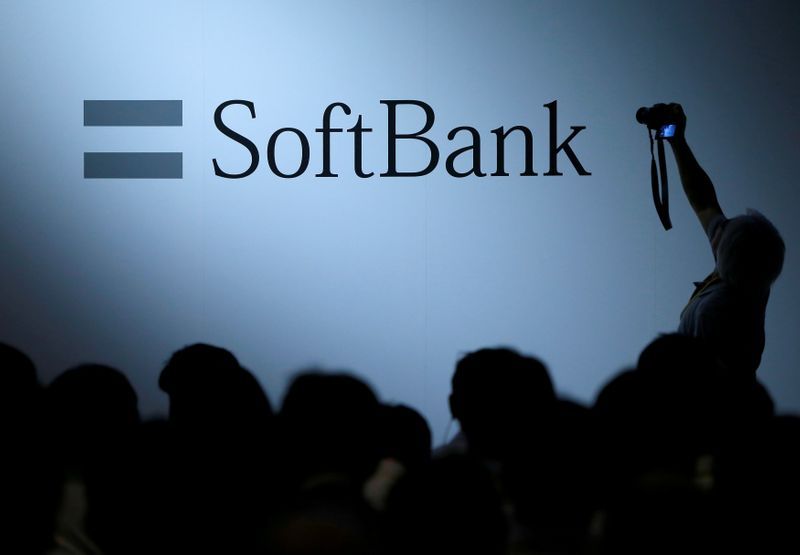
By Sam Nussey
TOKYO (Reuters) – Alphabet and SoftBank’s attempts to launch flying cellphone antennas high into the atmosphere have received backing from global telcos, energizing lobbying efforts aimed at driving regulatory approval for the emerging technology.
Loon, which was spun out of Google parent Alphabet Inc’s <GOOGL.O> business incubator, and HAPSMobile, a unit of SoftBank Group Corp’s <9984.T> domestic telco, plan to deliver high speed internet to remote areas by flying network equipment at high altitudes.
Lobbying efforts by the two firms, which formed an alliance last year, are being joined by companies including aerospace firm Airbus <AIR.PA>, network vendors Nokia <NOKIA.HE> and Ericsson <ERICb.ST> and telcos China Telecom <0728.HK>, Deutsche Telekom <DTEGn.DE>, Telefonica <TEF.MC> and Bharti Airtel <BRTI.NS>.
The backing is a vote of confidence in the technology after Alphabet this month shut down another of its big bets, Makani, which aimed to generate wind energy with kites, in a move widely seen as signaling pressure from CEO Sundar Pichai for unproven businesses like Loon to start delivering results.
The expanded alliance announced in a joint statement aims to secure spectrum and promote uniform regulation and industry-wide standards for the high altitude vehicles, which carry network equipment on balloons in the case of Loon and drones with HAPSMobile. Both systems are solar powered.
Loon has already struck deals with wireless carriers in Kenya and Peru. Such technology allows telcos to extend coverage into hard-to-reach areas where there is low population density or geographical obstacles like mountains and maintain service after disasters.
HAPSMobile, the brainchild of SoftBank Corp’s <9434.T> Chief Technology Officer Junichi Miyakawa, aims to commercialize its services in 2023 and has been conducting low altitude test flights of its drones, which have a wingspan of almost 80 meters (87.49 yards), from a NASA facility in California.
The devices fly in the stratosphere, which offers mild weather all year round and low latency, which is just 20 kilometers above the Earth’s surface, compared to satellites which even in low-orbit are at an altitude of 1,200 kilometers.
The solar-powered HAWK30 drone can currently only stay airborne all year round at latitudes of plus or minus 30 degrees from the equator, constraining its ability to operate in northerly countries like United States and Japan – although a planned future device will extend that to 50 degrees.
(Reporting by Sam Nussey; Additional reporting by Paresh Dave; Editing by Christopher Cushing)







